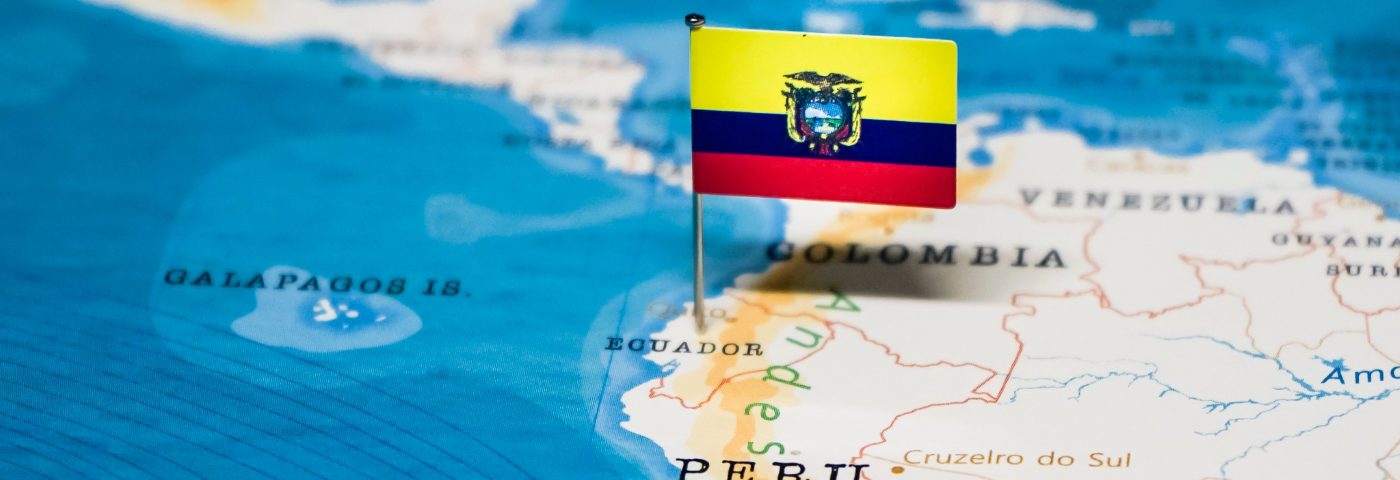*by CAPTUR (Camara Provincial de Turismo Pichincha)
Ecuador is facing both a health and economic crisis and is in a very difficult situation. It has not had its own currency since 2000, and uses the US dollar as its means of payment. This has been good for tourism because: i) tourists are familiar with handling the conversion to dollars and can easily relate to their own currency and prices; this avoids having to convert unfamiliar currencies using unfamiliar exchange rates; ii) prices in Ecuador are stable (inflation has been less than 4% a year), so budgets and planning do not vary greatly; and, iii) this has allowed the country to offer services both abroad and domestically with no great variations in price, which facilitates both promotion and marketing. But it has also been bad because: i) other countries devalue their currency and offer services that are attractive in dollar or euro prices; ii) the dollar is a strong currency for some countries and this means that our services cost these countries more in their currency. Furthermore, Ecuador has no tax resources; both its internal and external debts are high; oil prices are very low; and the health sector has been overwhelmed by the health crisis.
Some 85% of all tourism firms are micro, small or medium-size companies, many of them family-owned, and they are having liquidity difficulties when it comes to paying rents, their employees, taxes, social security charges and other costs. There are no partial payroll subsidies that use the social security system, as in other countries. That is why the unions, led by FENACAPTUR, have requested: i) a deferral of both income and sales taxes; ii) a deferral of social security payments; iii) a special labour framework for facing up to these extraordinary circumstances; and iv) liquidity credits so companies can survive. When we defend companies we defend employment, a healthy economy and the possibility of foreign currency entering the economy by way of tourism. Except for a three-month deferral period for national taxes, we have been largely ignored. None of our other requests have been met
Ecuador needs to adopt short, medium and long-term actions in conjunction with national and local authorities for the quickest and least costly recovery possible. The country’s potential, its differentiators, its management and initiatives have to be analysed and activities need to be offered that ensure Ecuador’s potential visitors are safe. To do so, six committees have been created with the Ministry of Tourism that address: issues of competitiveness; the economic impacts of crises; territorial management; advertising and publicity; rules and regulations; and recovery. Sub-committees have been set up under these various committees, but in the end the work of all them will be put forward as proposals for implementing actions that will be of general benefit in this new reality and with a view to the stage after Covid 19. We are jointly developing and validating protocols for the different tourist activities so that the risks associated with carrying out these activities disappear, or are close to zero (0); and, also generating opportunities to improve the capabilities of the actors in the territories through online training of topics that are of interest to the industry.
For its part the organized private sector is creating the cluster and the Ecuadorian Tourist Competitiveness Agenda with other actors who are not just from the tourism sector (financial, academic, government, and others) in order to: develop the industry; set up a private fund for promoting tourism in Ecuador; present proposals to multilateral organizations relating to financing needs; put forward proposals to cooperation agencies relating to projects that will be of benefit to the sector; create platforms for selling services and trade between professionals; and forming alliances with prominent actors to expand direct benefits to entrepreneurs.
The opinions expressed in this text are the author’s opinion and do not necessarily reflect the position of WTM Latin America.


